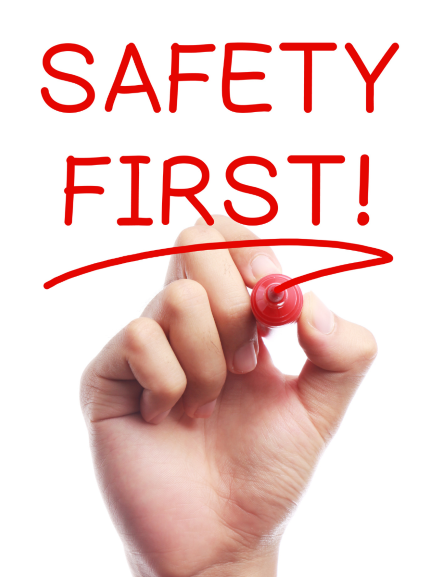- Home
- News Feed
- MEC
- Committees
- ‣See All
- ‣Benefits
- ‣Central Schedule
- ‣Comms
- ‣Contract Interp
- ‣EAP & Pro Standards
- ‣European Affairs
- ‣Government Affairs
- ‣Grievance
- ‣Hotels & Transport
- ‣Human Rights & Equity
- ‣Membership Engagement
- ‣Negotiating
- ‣Reserve
- ‣Retiree Med Plan
- ‣Retirement Board
- ‣Safety, Health & Security
- ‣System Board
- ‣Uniforms
- Councils
- Resources
- Reports
- Public Area
- Home
- News Feed
- MEC
- Committees
- ‣See All
- ‣Benefits
- ‣Central Schedule
- ‣Comms
- ‣Contract Interp
- ‣EAP & Pro Standards
- ‣European Affairs
- ‣Government Affairs
- ‣Grievance
- ‣Hotels & Transport
- ‣Human Rights & Equity
- ‣Membership Engagement
- ‣Negotiating
- ‣Reserve
- ‣Retiree Med Plan
- ‣Retirement Board
- ‣Safety, Health & Security
- ‣System Board
- ‣Uniforms
- Councils
- Resources
- Reports
- Public Area
 Over the course of the past fifteen months or so, we’ve all experienced a great deal of change brought about by the pandemic. As we implemented processes to keep us and the passengers in our care safe and as well insulated from the COVID-19 virus as possible through the revised processes and procedures, our focus has become slightly altered.
Over the course of the past fifteen months or so, we’ve all experienced a great deal of change brought about by the pandemic. As we implemented processes to keep us and the passengers in our care safe and as well insulated from the COVID-19 virus as possible through the revised processes and procedures, our focus has become slightly altered.
As we return to full cabins, we must retain that focus and heighten our awareness of how much we rely on each other and the value of teamwork in operating each flight to which we are assigned, safely. As Safety Professionals, each of has a role and each of us must do our part, every flight, every day, especially in those duties we might consider to be routine. Routine duties are structured in a way that ensures we are meeting regulatory requirements in all that we do in order to ensure the safety of flight on every flight.
These routine duties or tasks include but are not limited to: reporting for duty with required duty items, attending briefings, completing safety checks with our own up to date personal LINK device, completing passenger briefings including those for special needs passengers, securing the cabin and completing compliance checks for take-off and landing, seatbelt compliance checks and making any accompanying PA announcements, as needed, to encourage compliance as well as the locking of lavatories, when required, cabin sweeps and the completion of all required reporting.
Each of these responsibilities are directly attached to a regulatory compliance requirement. Situational awareness, including observing passengers in the cabin, as well as walking through using our other senses to hear, see and smell to get a full sense of what is happening during the course of the flight are but a few examples. Working together as a professional crew is vital to the safe operation of the flight and each of shares in this comprehensive responsibility. Taking on the enormity of the task individually would be overwhelming. However, when each of us fulfills our unique and dedicated role, many hands make light work and many observations makes for a better, more comprehensive picture.
In the course of meeting these responsibilities, should you encounter anything that prohibits or in any way restricts you from completing these duties, a voluntary ISAP report should be filed to ensure the safety concerns can be addressed. Your Local Council Safety Committee is always available to assist you with any questions you may have.